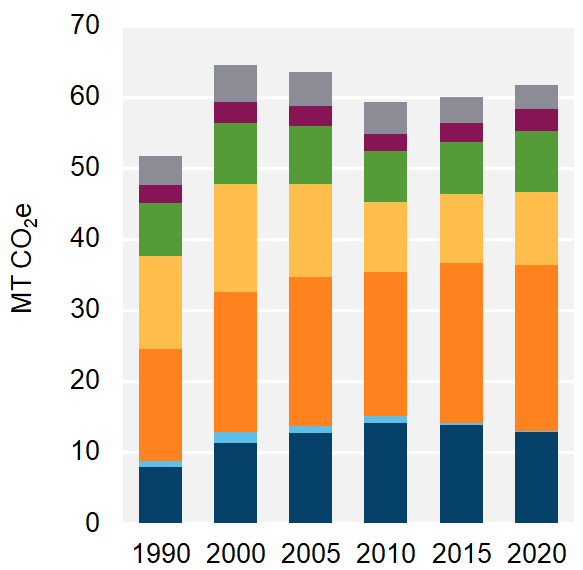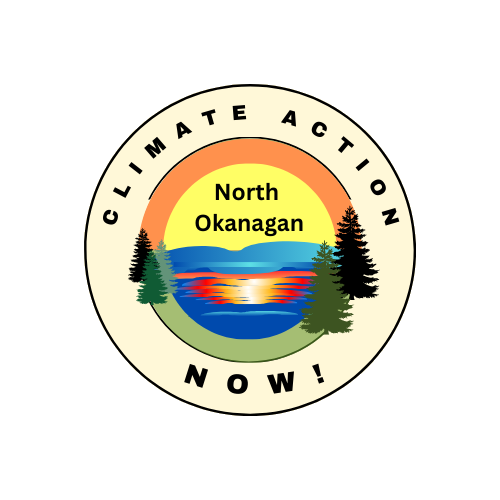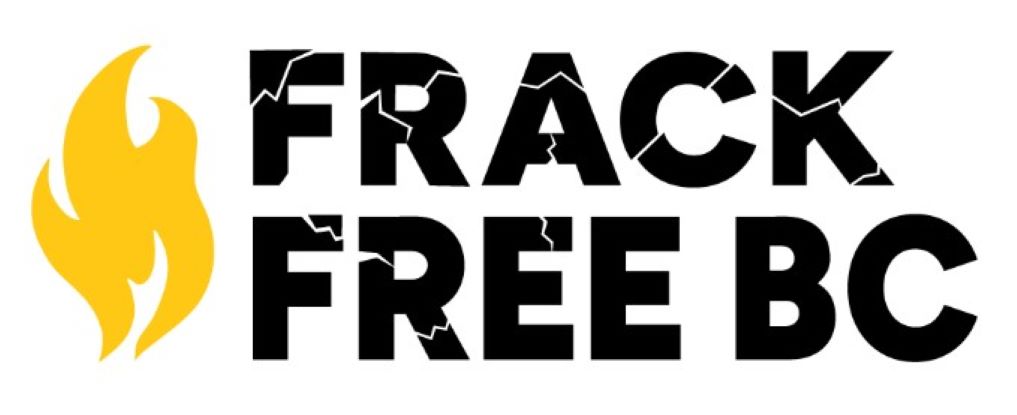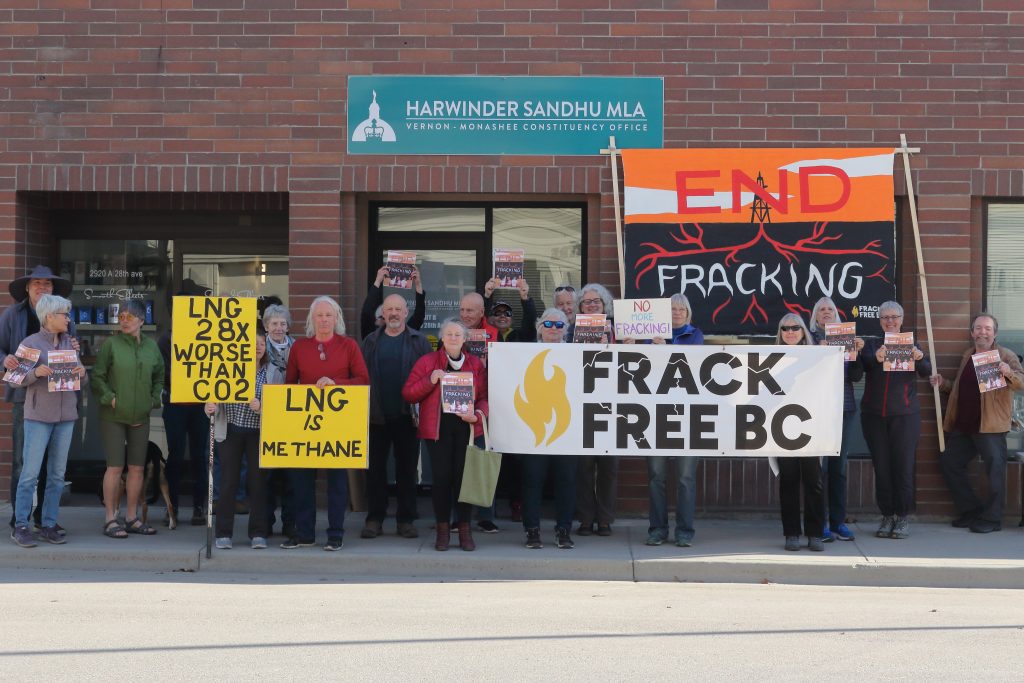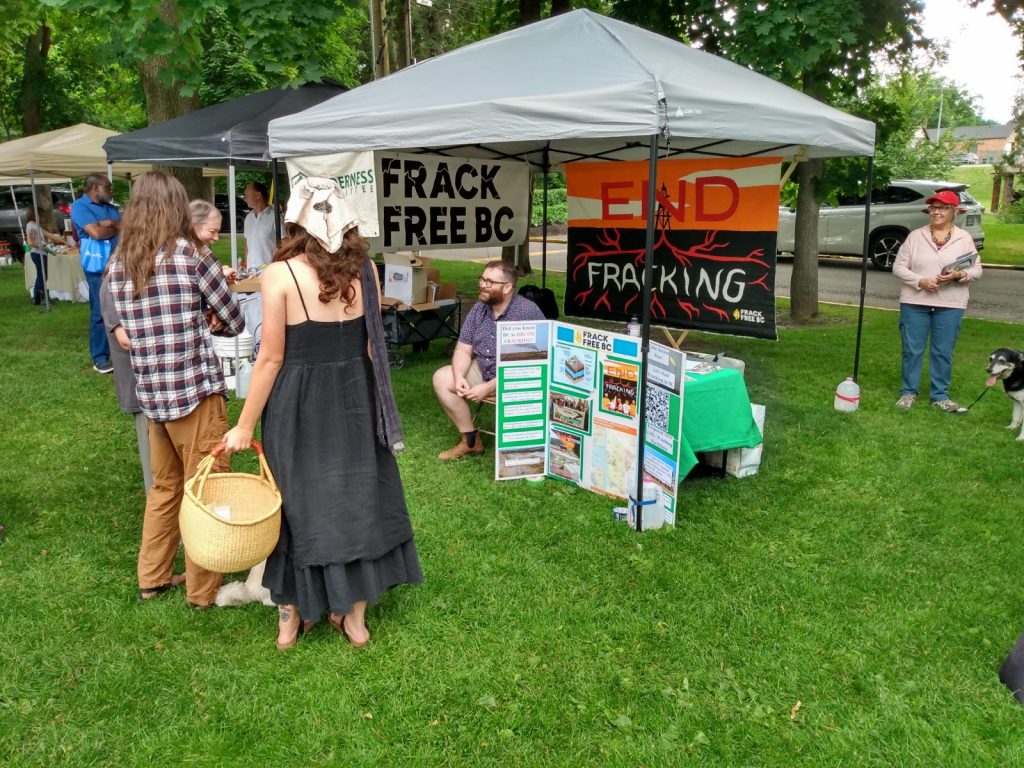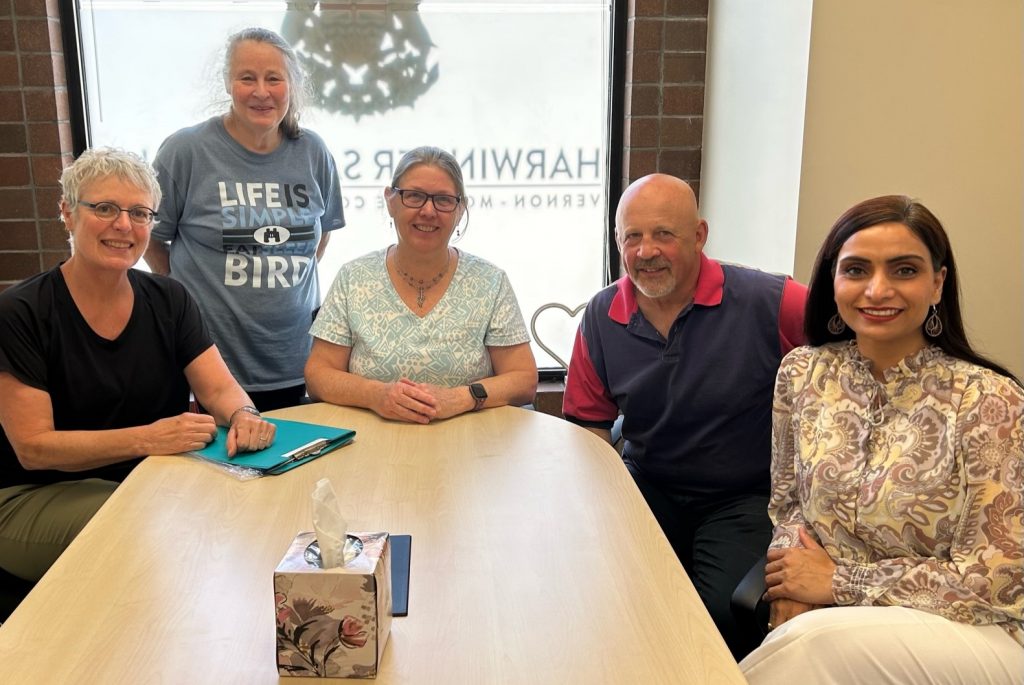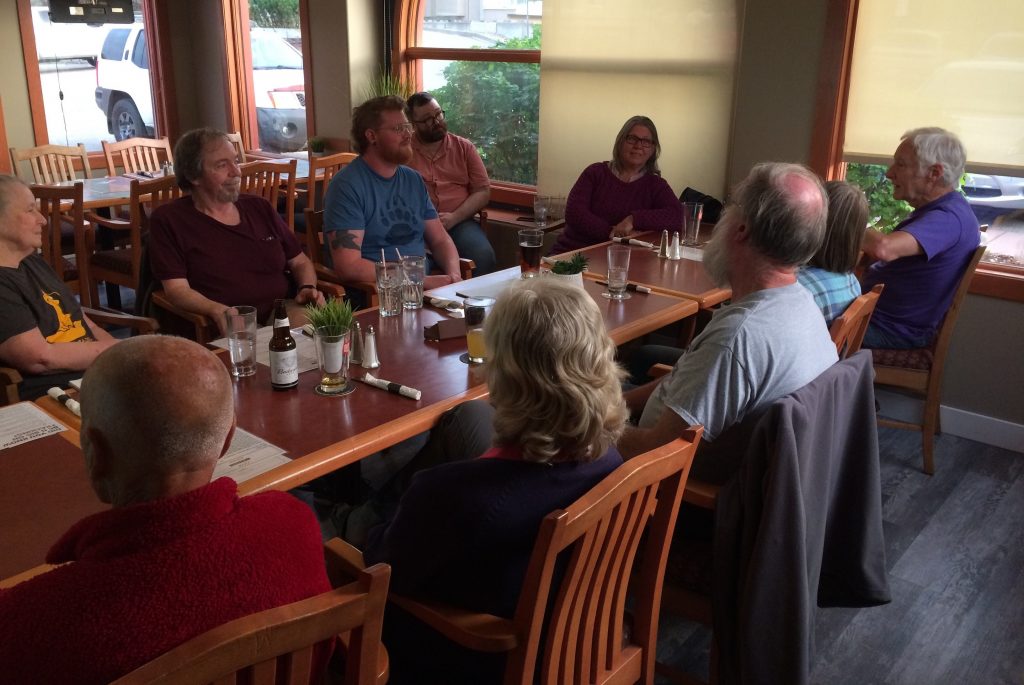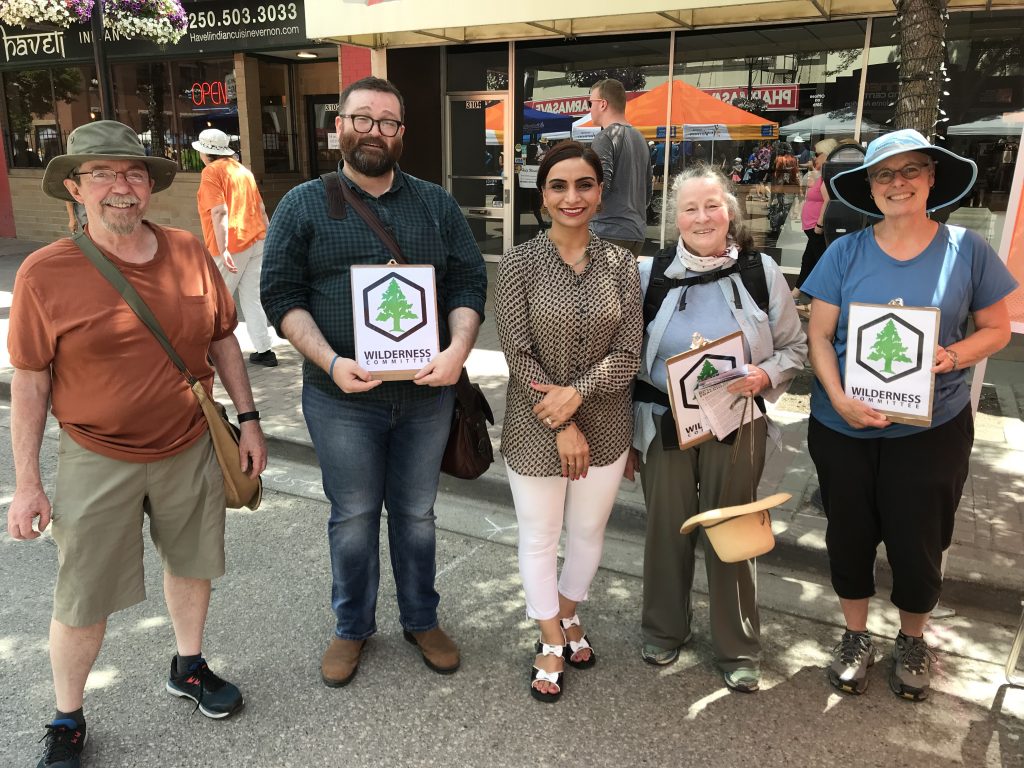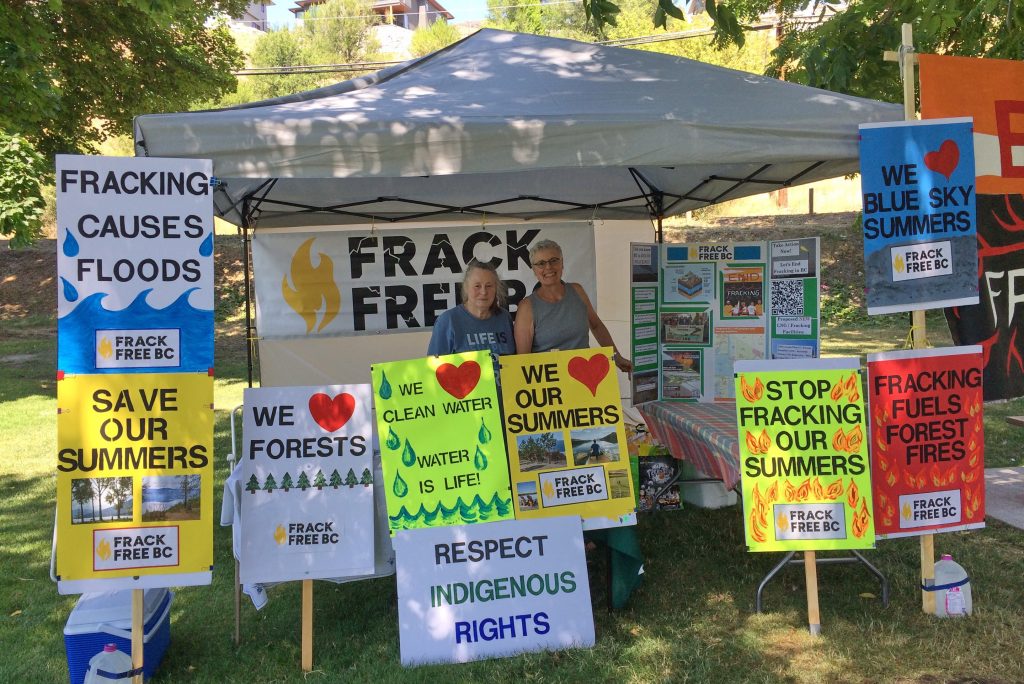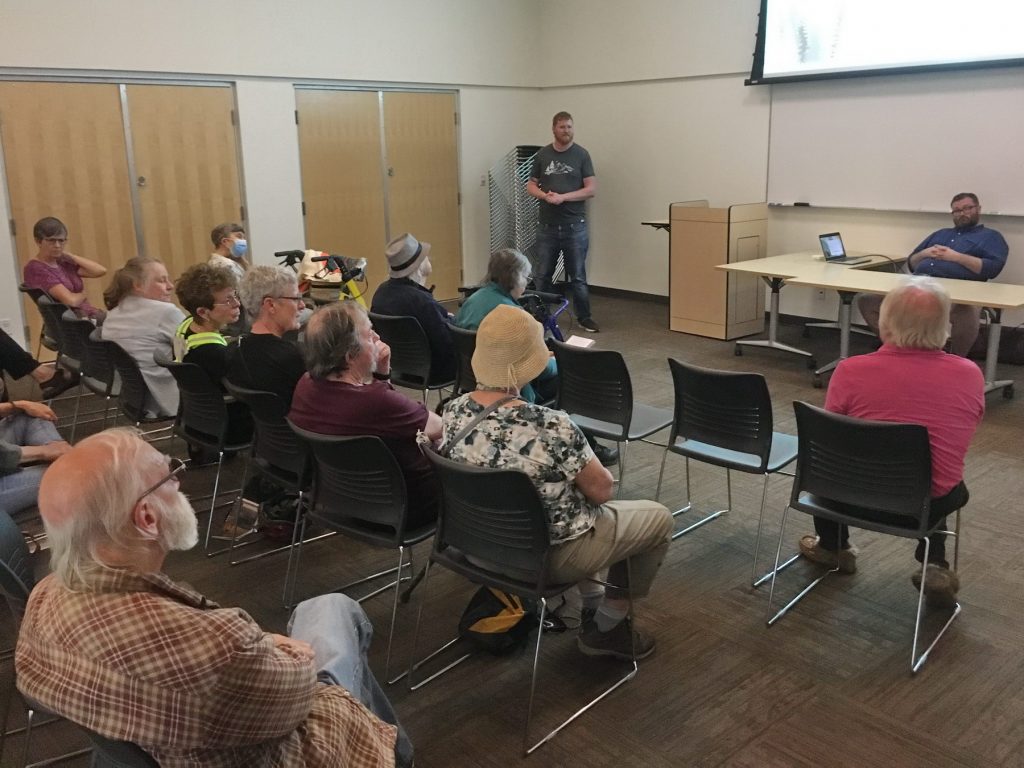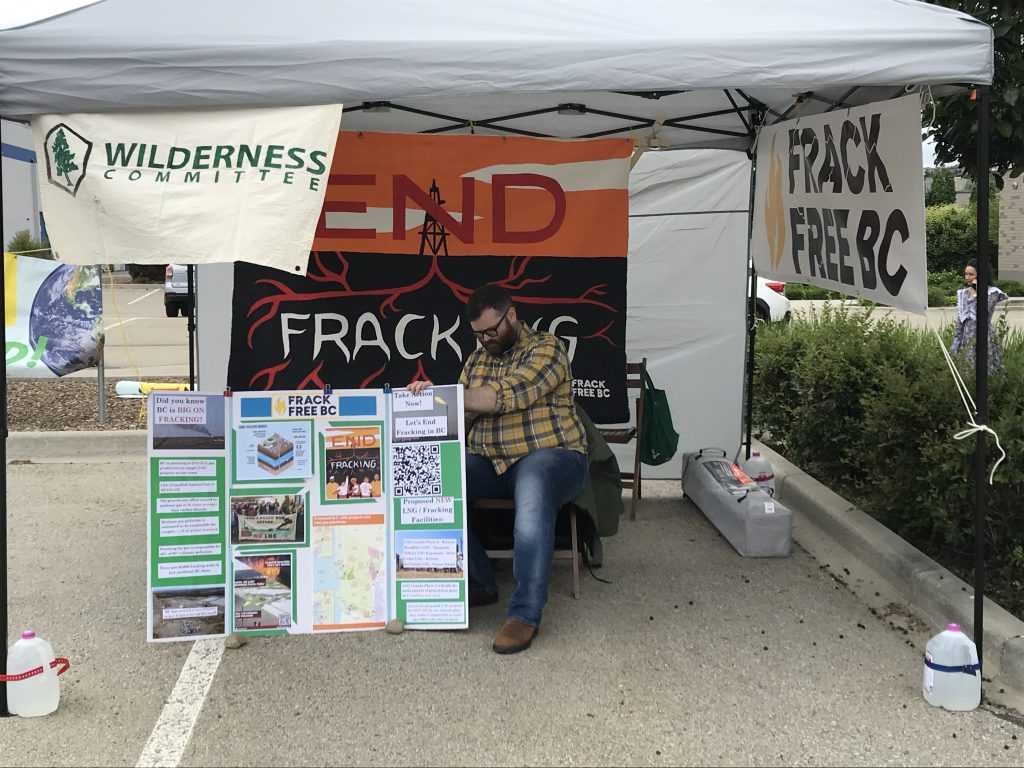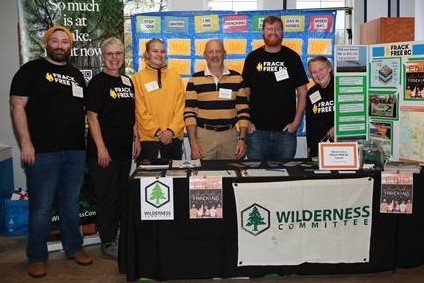Vernon Chapter
Working to end fracking in BC
with a sustainable transition for workers and communities
Fracking is a destructive process of extracting methane gas from deep rock formations using sand and a mixture of toxic chemicals combined with large volumes of water at high pressure to fracture rock to release methane gas.
Visit the Wilderness Committee
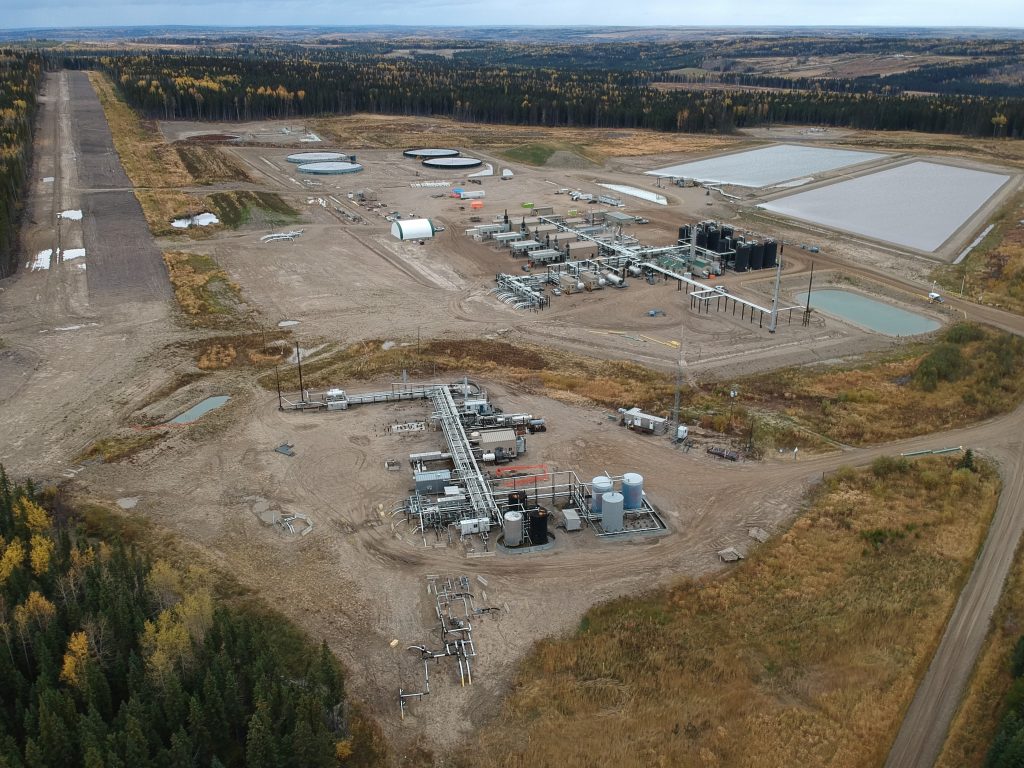
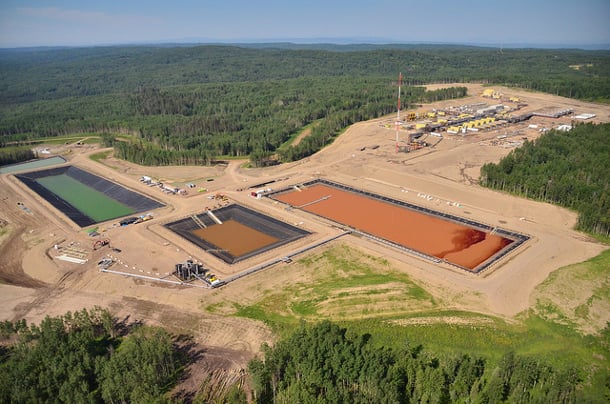
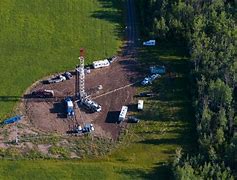
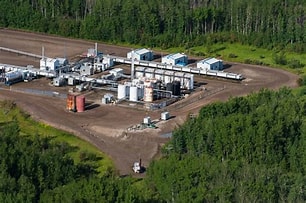
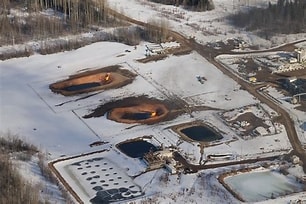
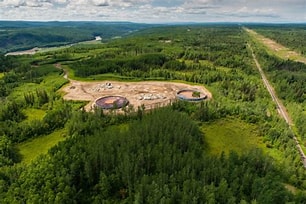
In the Montney Formation in NE BC, the fracking zone, residents and workers suffer serious adverse health effects. There are 19,974 oil and gas wells in Blueberry River First Nations traditional territory. The majority of their territory is within 250 meters of an industrial disturbance, and the BC Supreme Court found that the cumulative effects of industrial development on their traditional territory have unjustifiably infringed on Treaty rights.
Fracking operations poison huge amounts of water, putting nearby communities and the environment at risk. The fracking industry pays almost nothing for water, and is not required to treat it. Contaminated water is primarily pumped down disposal wells where it can pollute aquifers and contribute to earthquakes. If completed, the six proposed LNG terminals will double fracked gas production and increase demand for freshwater to at least 10.4 billion litres per year.
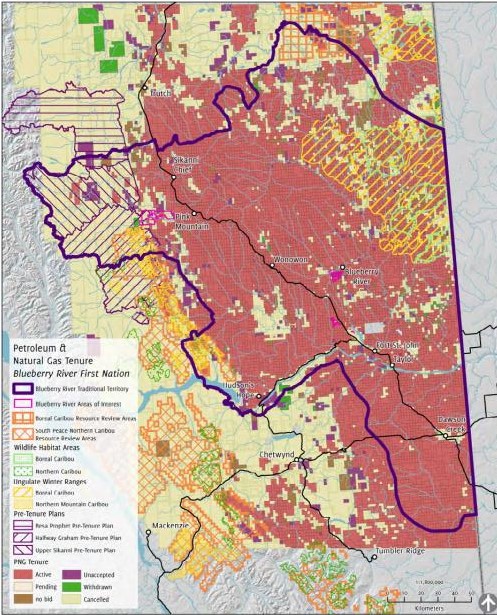
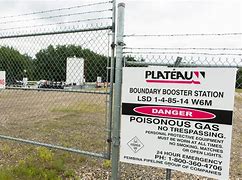
British Columbia has committed to a 16% reduction in greenhouse gas emissions over 2007 levels by 2025 (next year!) with very little progress to date (most recently measured levels are 1.4% lower than 2007). The six proposed LNG terminals will add 22.5 megatons CO2 equivalent annually (a 33% increase). Premier Eby said in his first speech as Premier “We cannot continue to expand fossil-fuel infrastructure and hit our climate goals.” He wasn’t wrong, but since he made that statement his government has continued to approve new LNG terminals.
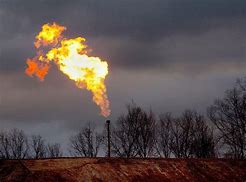
Frack Free BC
BC is actively expanding methane (“natural gas”) mining in spite of declining world gas prices, falling demand, water pollution, damage to community health and its massive carbon contribution to our climate. This seems like a losing strategy. Frack Free BC aims to educate the public about health effects and environmental pollution caused by fracking, and ban fracking in BC.
Frack Free BC is a broad-based alliance made up of allied organizations including NGOs, Indigenous partners, grassroots organizations, community groups, and individuals who are organizing their communities to raise awareness and apply pressure to the government to end fracking in BC. Primary partners are Stand.earth, Dogwood and The Wilderness Committee. Learn more about them here.
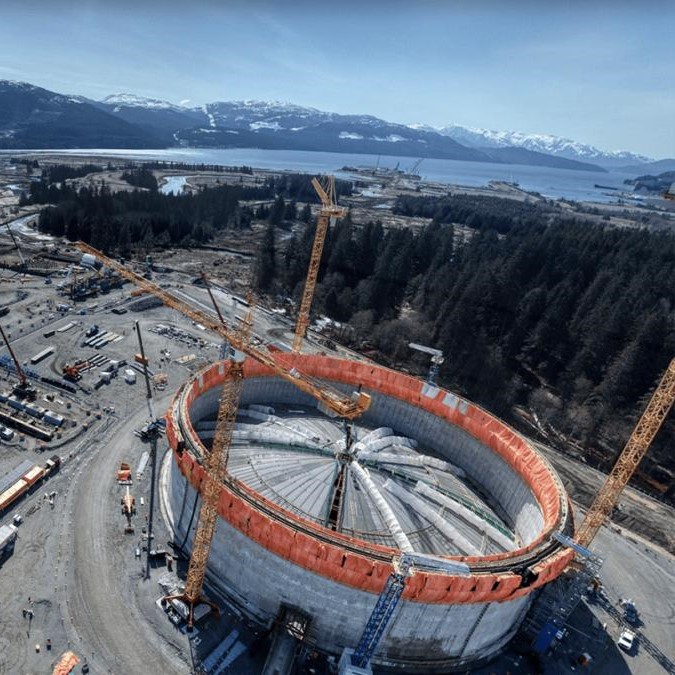

Historically the oil and gas industry used relatively little water compared to other industrial users. This changed dramatically in 2005 with the introduction of fracking, but laws and regulations have not yet been updated to reflect this new reality.

There is no way to frack without poisoning huge amounts of water, and there is no way to clean up or dispose of the wastewater from fracking without putting communities and the environment at risk.
Meet our team
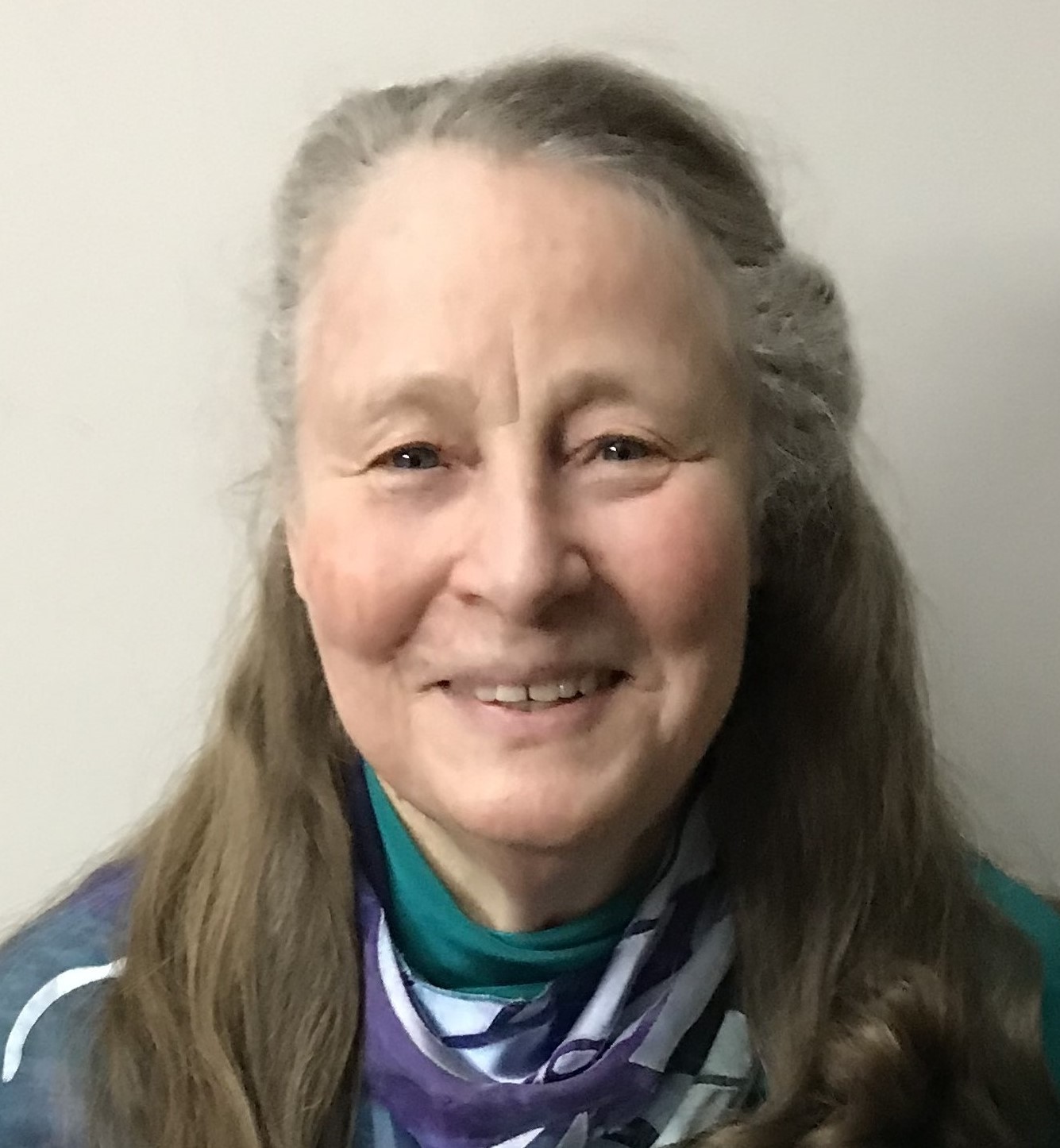
Janet Parkins

Jane Weixl
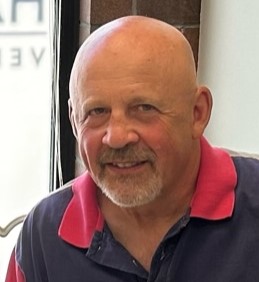
Eli Pivnick
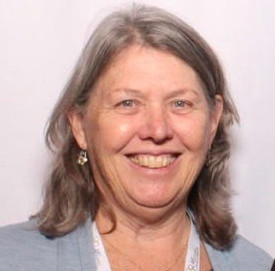
Heather Clay
Active in Our Community
Click on photos or captions for more information
Presentations to Harwinder Sandhu, MLA and Save Our Summers – July 2023
FAQs
British Columbia has committed to a 16% reduction in greenhouse gas emissions over 2007 levels by 2025.
- most recently measured emission levels are 1.4% lower than 2007.
- The 6 proposed LNG terminals will increase emissions by 33%.
- If we develop an LNG industry we cannot possibly meet our climate goals.
- 2025 is NEXT YEAR!
